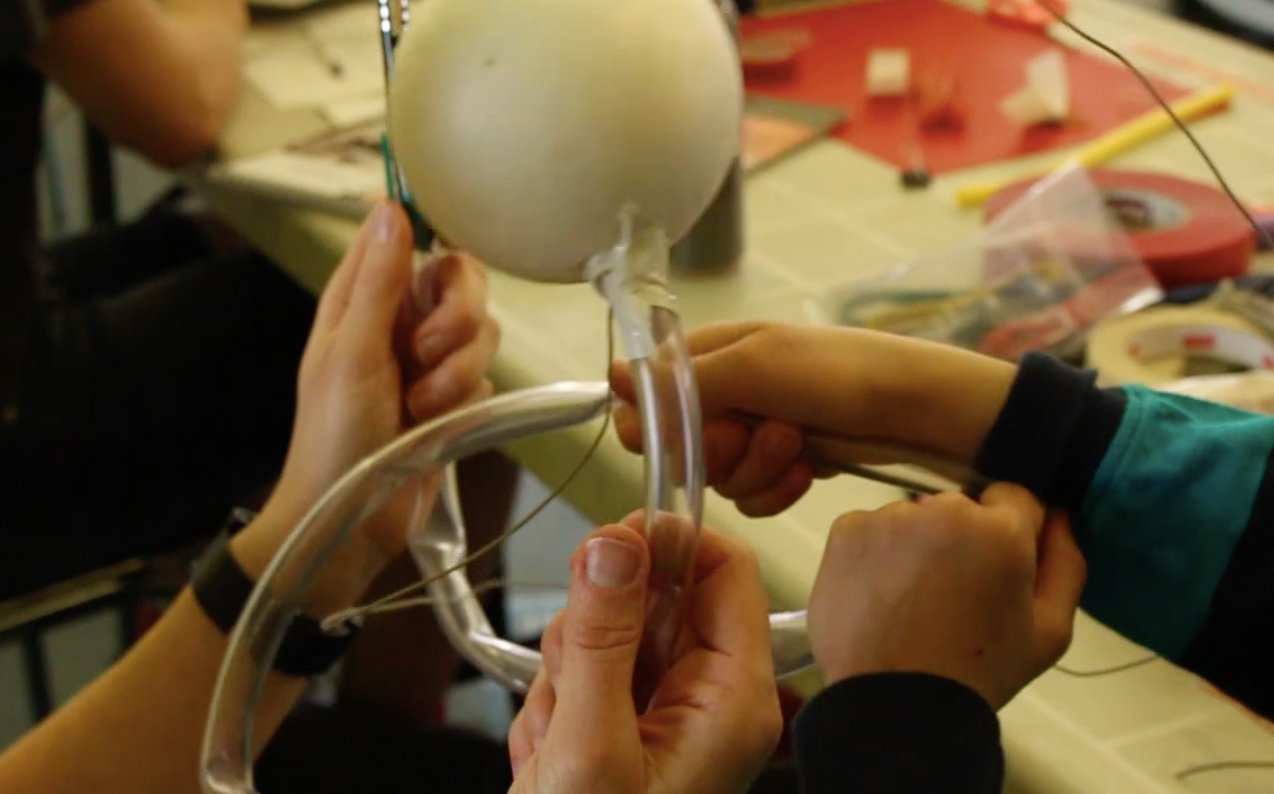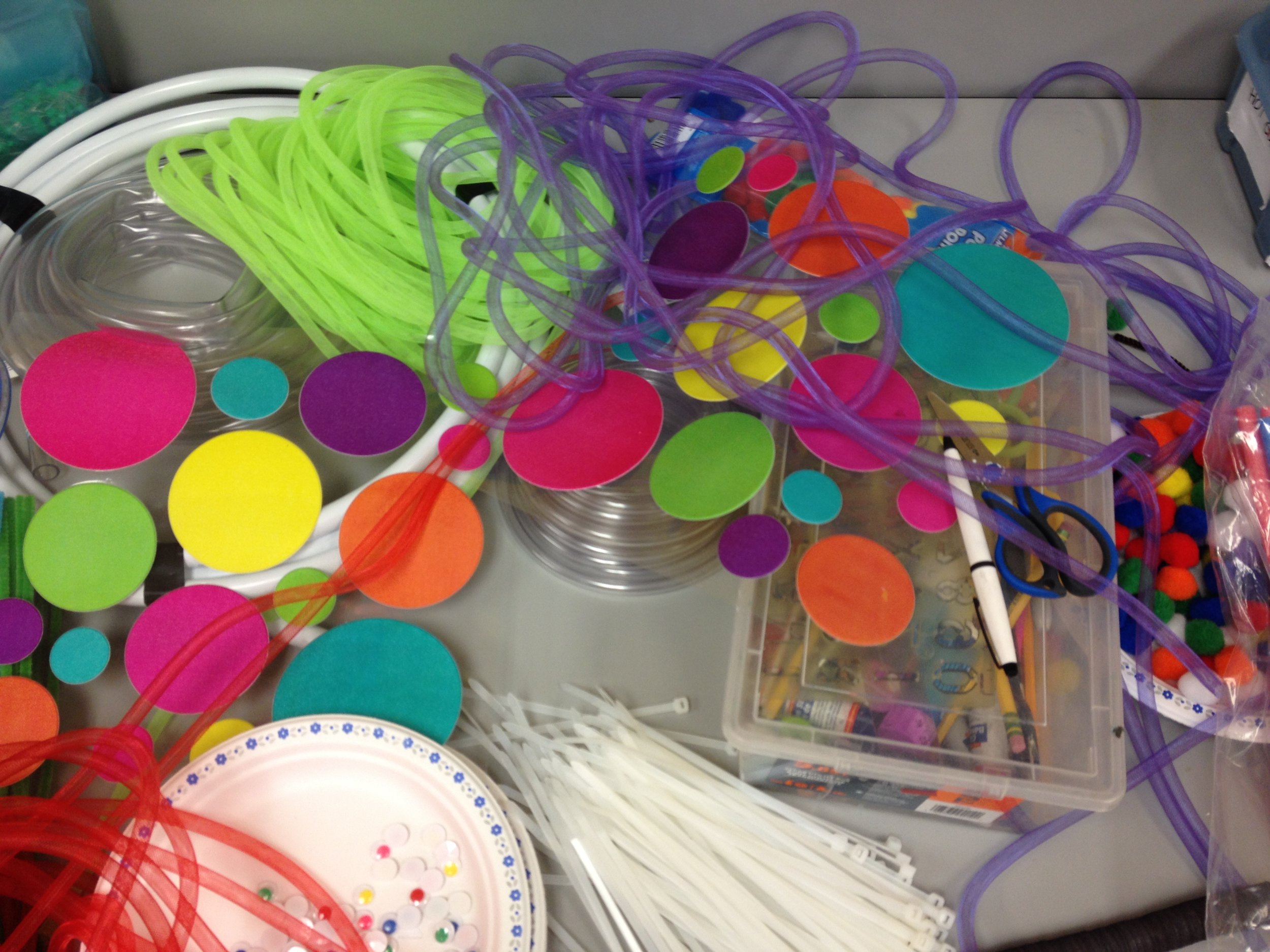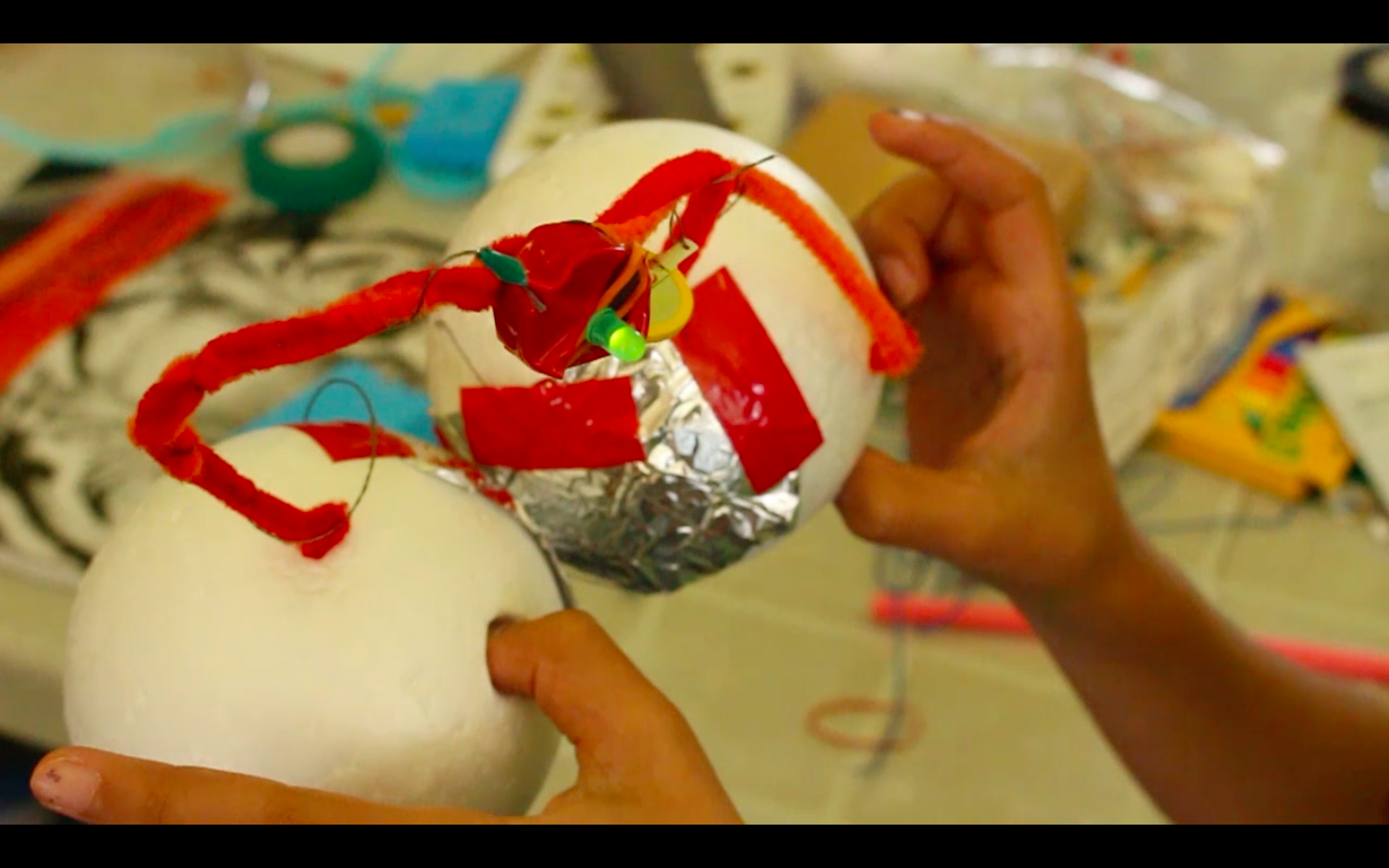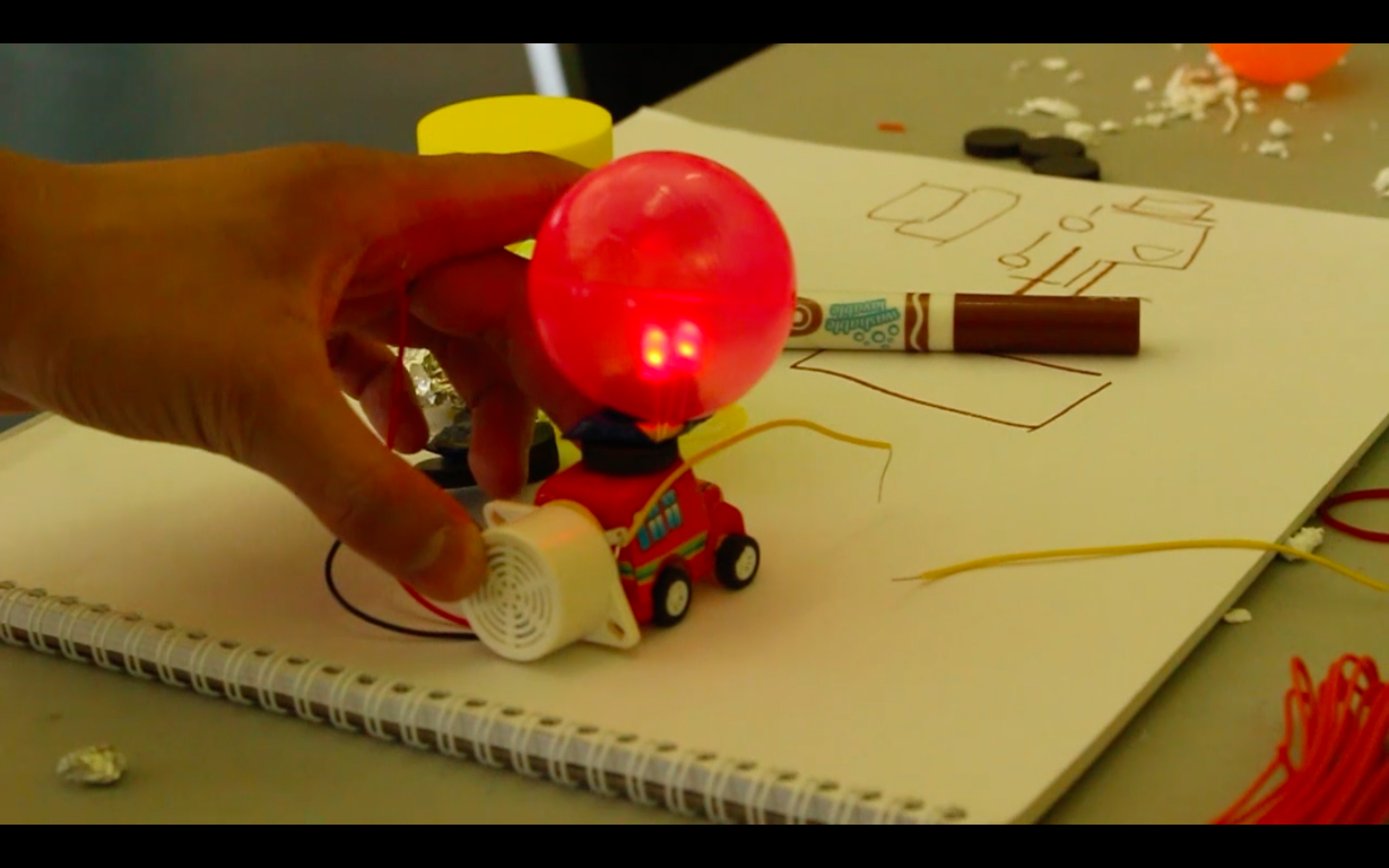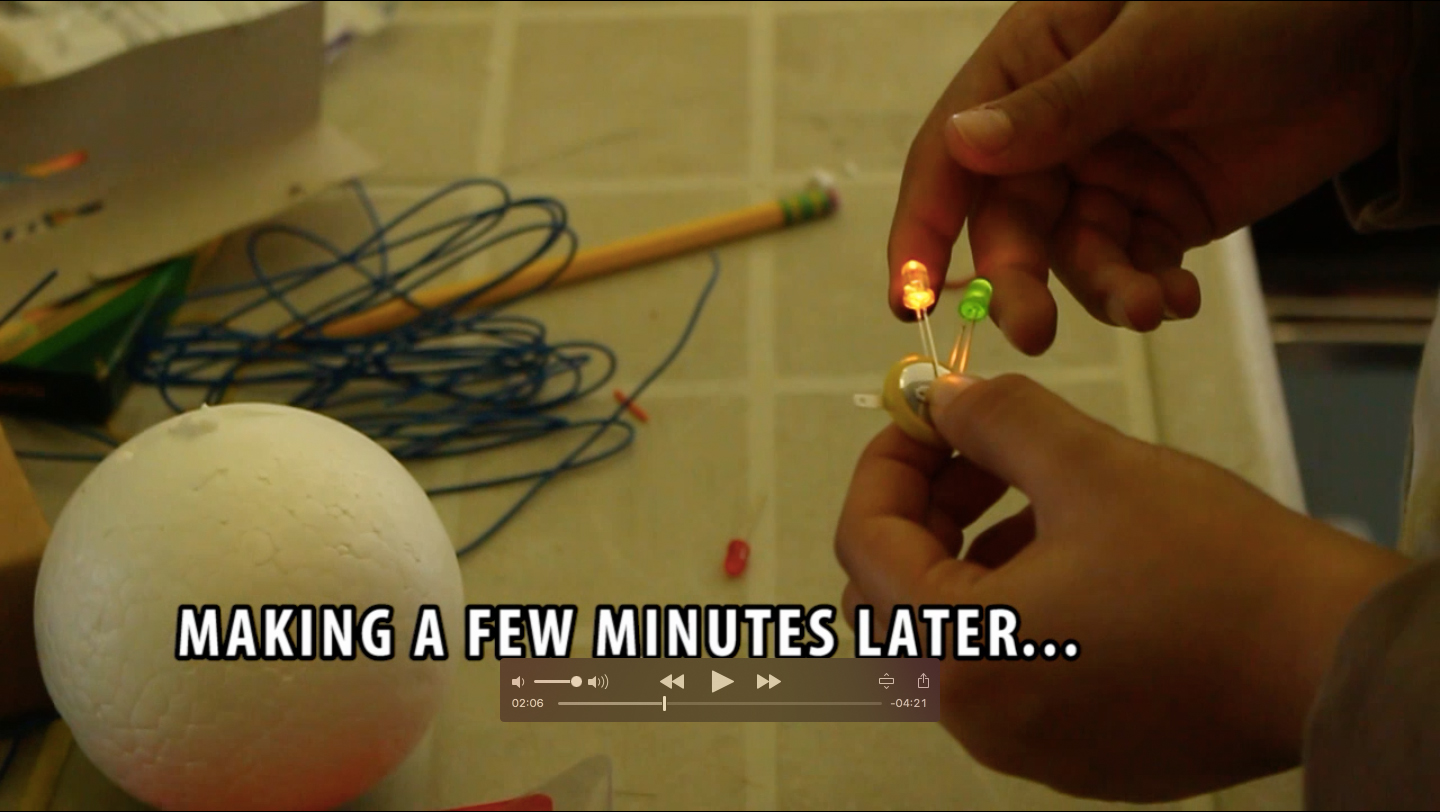The Power of Play
This case study was a collaboration between the company Maker Junior and the School of Information Technology, at Carleton University my role was lead researcher. The project involved exploring bendable electronics as a design affordance. A long paper called 'The Power of Play: Exploring Bend Interaction as a
Design Affordance in Co-Design Process Via Utilizing Theatrical Improvisation (RePlay) with Young Makers' has been submitted to the upcoming Interaction Designin with Children Conference (IDC 2017), In Stanford, California.
Maker Junior is a company that uses “Maker” inspired projects to help kids learn about technology by combining traditional arts and crafts materials with electronic components. We explored craft as well as electronic materials as part of two workshops with youth ages 7-9 yrs who were familiar and have experience working with circuit building in the past and have attended past maker junior workshops.
Workshop Highlights
• RePlay: Cause and Effect
• Trigger Objects and Constraints
• RePlay: Design Machines
• Making Early Stages
• Making Later Stages
• Reflection
• Discussion
Research Themes
• Bend Interaction-exploring contexts for interaction with children
• RePlay as part of Design Process and as part of Reflection on Making
• Best Practices for facilitating young makers in a Co-designing Context
• Teaching fundamentals of human computer interaction
• Role of Experiential Learning and Use of Technology
Key Observations
• Teaching Cause and Effect fundamentals of HCI (Human Computer Interaction)
• Role of Experience as Part of Learning and Reflection
• Utilizing Impro (RePlay) as part of creative process and for reflecting on
making process
• Facilitating the creative process effectively for young makers is VERY IMPORTANT
• How to design with Trigger objects and Constraints as a technique
FutureWork
Currently I am working on two publications regarding the results of this work and would like to continue to develop this research trajectory. I would now like to explore the links between Montessori education and maker inspired innovation via exploring prototyping learning activities with a tangible computing aspect.

